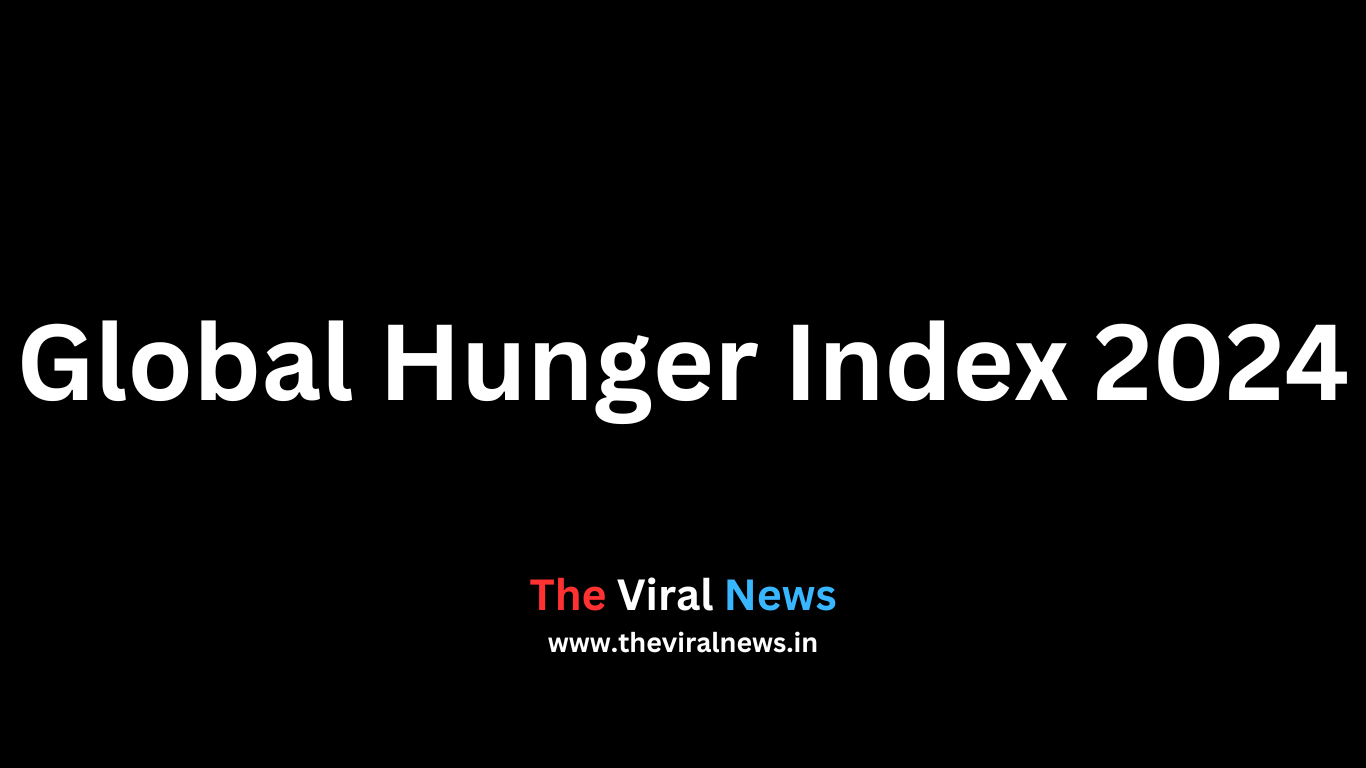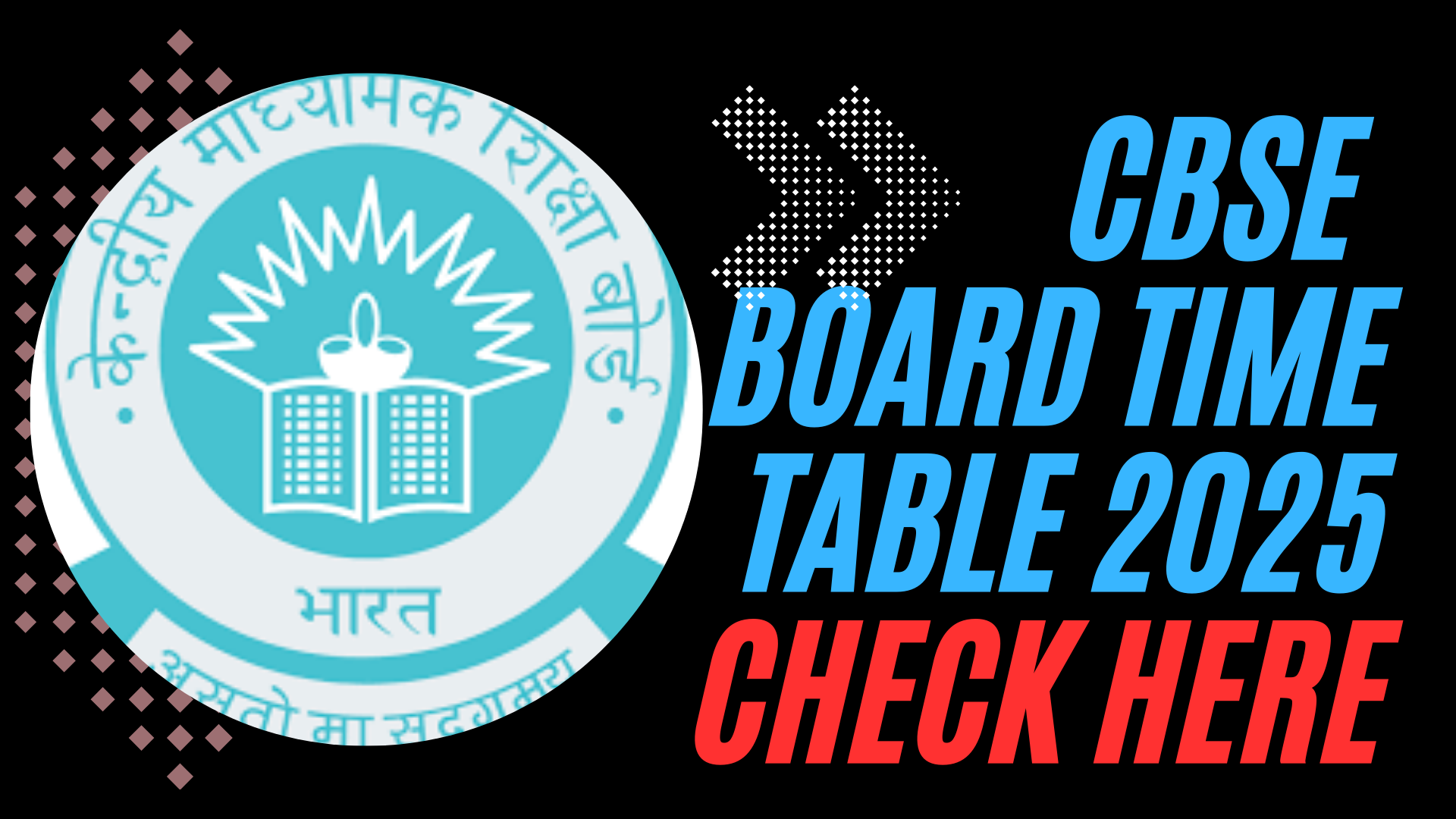Understanding the Global Hunger Index
The Global Hunger Index is an annual report jointly released by Concern Worldwide and Welthungerhilfe. It aims to track and measure hunger at global, regional, and national levels. The index employs four key indicators to assess hunger:
- Undernourishment: The proportion of the population whose dietary energy consumption is insufficient.
- Child Wasting: The percentage of children under five whose weight is too low for their height, indicating acute malnutrition.
- Child Stunting: The percentage of children under five whose height is too low for their age, reflecting chronic malnutrition.
- Child Mortality: The mortality rate of children under five, providing insight into the overall health and nutritional status of the population.
India’s Performance in 2024
India’s score of 27.3 places it in the “serious” category, signifying the need for substantial improvements in addressing hunger. Over the years, India has shown slight progress, with its GHI score improving from 29.3 in 2016 to 27.3 in 2024. However, the country still lags behind its neighbors, raising concerns about the effectiveness of current nutritional policies.
Recent data indicates that approximately 35.5% of children under five in India are stunted, while 18.7% are wasted, highlighting significant deficiencies in nutritional intake. Furthermore, 13.7% of the population suffers from undernourishment, and child mortality rates remain concerning, with nearly 3% of children not surviving past their fifth birthday.
India’s Criticism of Global Hunger Index
India has previously raised several criticisms against the Global Hunger Index (GHI) for misrepresenting the country’s hunger situation. Key points of India’s criticism include:
- Misleading Ranking: India was ranked 107th out of 121 countries in the 2022 Global Hunger Index, which the government deemed as inaccurate and misleading.
-
Flawed Indicators:
Three out of the four indicators — child stunting, child wasting, and under-five mortality — focus only on the health of children, not representing the entire population’s hunger levels. These child-related health metrics are influenced by various factors like sanitation, clean water, and healthcare, making it unscientific to use them as proxies for overall hunger.
-
Unreliable Data on Undernourishment:
The Proportion of Undernourished (PoU) population was estimated at 16.3% for India, based on the Food Insecurity Experience Scale (FIES) survey conducted by Gallup World Poll. The survey used a small sample size of only 3,000 respondents, which India considers statistically flawed and unethical for a country of its size.
- Government’s Efforts Ignored: India emphasized its extensive efforts to ensure food security during the COVID-19 pandemic, particularly through the Pradhan Mantri Garib Kalyan Anna Yojana (PM-GKAY), which provided free food grains to 80 crore beneficiaries. Other initiatives like Anganwadi Services and Pradhan Mantri Matri Vandana Yojna provided supplementary nutrition to children, pregnant women, and lactating mothers — all of which were overlooked in the GHI’s assessment.
- Engagement with FAO:
- India raised concerns with the FAO about the use of FIES survey data, urging them not to rely on such opinion-based surveys to estimate hunger.
- Despite these efforts, the 2022 Global Hunger Report continued to use the same flawed methodology, leading India to dismiss the findings as biased and disconnected from reality.
Global Hunger Report 2022- The index is an erroneous measure of hunger and suffers from serious methodological issues
Conclusion
India’s criticism underscores the need for a more comprehensive and scientific approach to measuring hunger, one that considers the diverse factors affecting food security and accounts for the strides countries make in improving the nutritional status of their populations. Without addressing these methodological flaws, the GHI risks presenting a skewed view, hindering meaningful global progress in tackling hunger.





